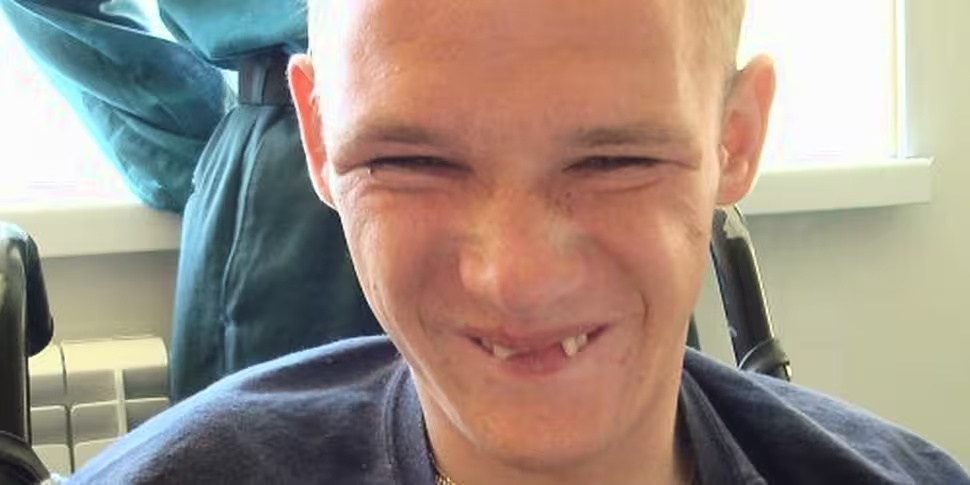A survivor of the Chernobyl nuclear disaster has thanked Ireland and the Irish people.
On April 26th 1986, an explosion and fires at the Chernobyl nuclear plant in Ukraine caused the largest uncontrolled radioactive release in the history of the civil nuclear industry.
Large quantities of radioactive iodine and cesium were released into the air.
A substantial amount of this was also carried by wind currents over Belarus, the Russian Federation and Ukraine and, to some extent, over parts of Europe.
Thousands of people have died as a result of the radiation - while many more have suffered severe disability in the intervening years.
The World Health Organisation (WHO) says up to 4,000 people could eventually die of radiation exposure from the Chernobyl.
A 2006 WHO report anticipated that thyroid cancer incidence due to the Chernobyl accident would continue to increase over time.
A helicopter moves in to help experts check the damage to the Chernobyl Nuclear Power Plant reactor in April 1986| UN Photo/IAEA
According to national studies in the three affected countries, more than 11,000 thyroid cancer cases had been diagnosed in this group by 2016.
"It is most likely that a fraction of these thyroid cancers is attributable to radioiodine intake in 1986, although long-term increases are difficult to quantify, for the study population is aging and their spontaneous thyroid cancer risk is also increasing", it says.
While previously reported increases in the incidence of solid cancers and leukemia due to radiation from the Chernobyl accident continue to be investigated.
"Thank you for not forgetting about us"
29-year-old Sasha Leuvkin was born with severe congenital disabilities in a remote village in Belarus.
He was abandoned as a child by his parents, lived in a forest and was often severely beaten, before he eventually ended up in an orphanage supported by Adi Roche's Chernobyl Children International charity.
There he learned to read and write, as well as receive medical care and social support.
Sasha was taken to Ireland for rest and recuperation holidays, and became an "adopted" member of a Bray-based family.
The family built a special room in their house for him, and encouraged him to continue with his education.
Sasha has now moved from the Vesnova Children's Mental Asylum to an Irish-funded Independent Living Complex.
He has been writing an autobiography chronicling his childhood, the abuse he suffered and how Irish volunteers saved his life.
After the accident at the Chernobyl Nuclear Power Plant, thousands of Soviet soldiers assist with the cleanup in May 1986 | Image: UN Photo/Oleg Veklenko
Working with a specially modified word processor he wants to tell his own story, the story of Chernobyl and its impact on his native country.
Chernobyl Children International say he wants to give a voice to hundreds of other children and young people who lives have been transformed forever by Irish aid and the commitment of thousands of volunteers.
In the future, Sasha says he would like to become a full time writer.
To mark the inaugural United Nations 'Chernobyl Disaster Remembrance Day', he recorded a brief video message to thank the people of Ireland for their continuing help over the past 25 years.
"To the people of Ireland, thank you for not forgetting about us here in Belarus", he said.
"I'm happy that all over the world, they know about Chernobyl and the special day on April 26th.
"Please make sure that all of the world never forgets".
Last year on the 30th anniversary of the accident, Chernobyl Children International Adi Roche addressed a special session of the United Nations General Assembly and made the suggestion that April 26th should be designated as Chernobyl Disaster Remembrance Day.











